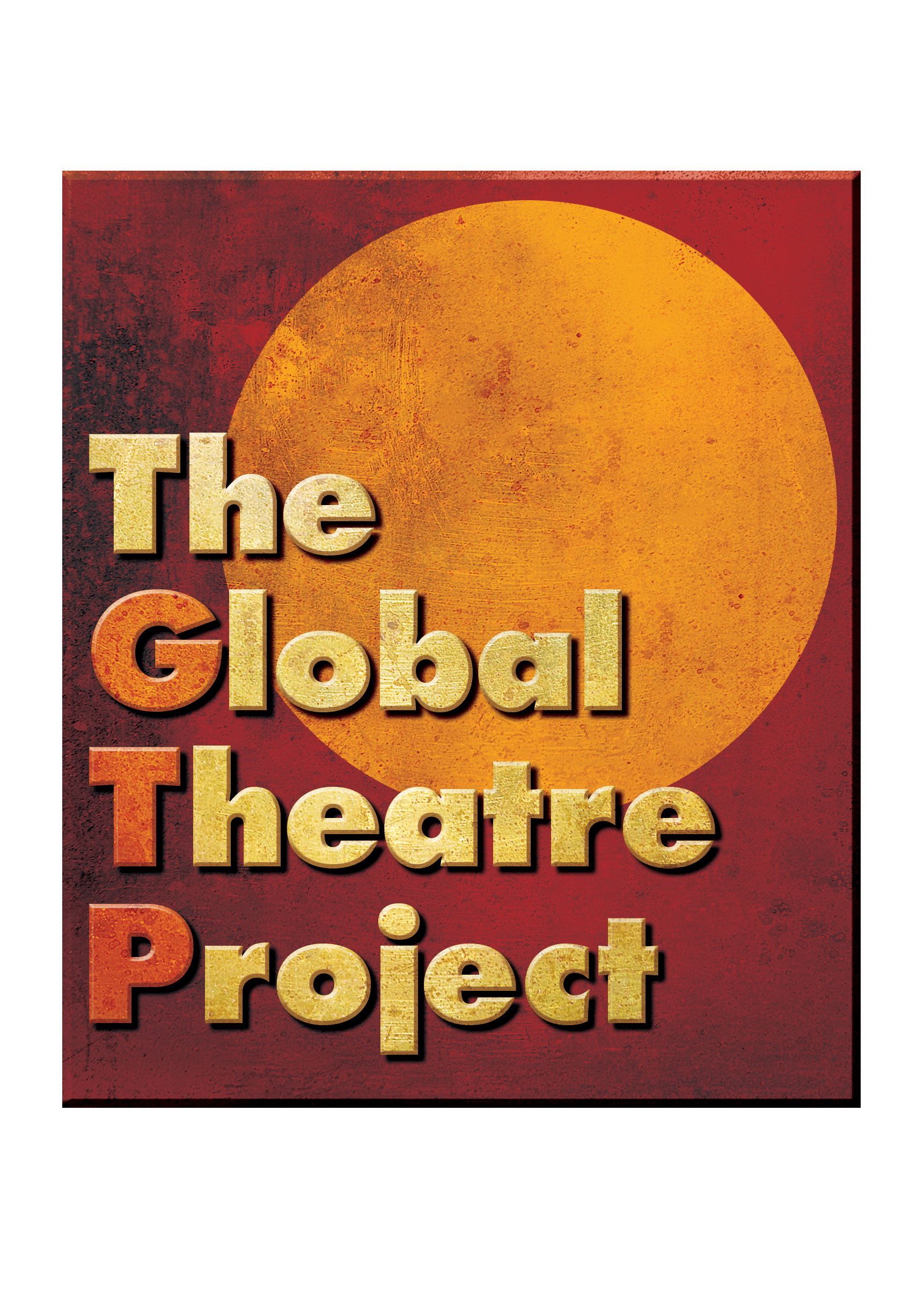Why Art Matters
I think Art Writer, Jordan Levin of the Miami Herald, answers this extremely well in his article which mentions the closing of the Ballet Florida. Here are a few quotes from his article which you can read in full if you click here.
I know, with jobs and homes and dreams of better lives being lost by the millions, art and culture seem like a luxury. But I would argue that they’re an essential aspect of being happy and civilized. More, I would argue that thinking culture is a frill, a disposable ornament for a comfortable life, has helped get us into the mess we’re in.
Take the ethical failure that led to the financial crisis, the development of a criminally selfish system where the only thing that mattered (and still matters) is how much money is made, regardless of common sense or fairness or actual value produced for anyone but a few executives at the top. You could attribute the cancerous growth of that kind of thinking, at least in part, to the disappearance of the arts from our educational system and the downgrading of culture to consumer pop culture.
After all, the arts teach us morality, humanity, the range of identity, the importance of beauty and ideas and qualities you can’t quantify, the values we hold in common. Unlike American Idol, they teach us that there are qualities that matter more than fame. They teach us all this through miraculously pleasurable experiences that at their best are akin to spiritual revelation, and that even in their lesser occurrences are a source of delight and understanding. Why does that constantly have to be defended as worthwhile? How can you love music without appreciating that beauty and form matter? How can you be moved by the novels of Junot Diaz or Charles Dickens and not absorb a sense of morality and fairness?
Instead of declaring the inherent value of the arts, the cultural community increasingly falls back to defending itself in economic terms. The arts provide jobs, boost other spending, help revitalize cities and neighborhoods by drawing educated young people looking for a certain quality of life. Studying music boosts math skills, and studying painting could lead to a career in commercial graphic design. All perfectly reasonable arguments. But when the economy is tanking, making dances won’t make as much money as making widgets, and if economic viability is your only defense, you’re going to lose.
We in the media play our role in all this. Just like the rest of the culture, the media focuses on the most dominant movies, pop music and television, because that’s where the numbers and the profitable ad rates are. (Or better yet, they focus on celebrities, because it’s so much easier to write about a pop star’s style and love life than her talent — or lack thereof.) But the more the media ignores the arts because they’re “unimportant,” the more that attitude is reinforced in the world at large. It’s a nasty circle. The arts increasingly disappear from public consciousness, and so the media is further justified in ignoring them.
No, a dance concert doesn’t have the audience of a Harry Potter movie. But treating it as an elitist, incomprehensible, negligible activity shoves dance much further to the margins than it deserves. It also creates a self-fulfilling prophecy: We don’t cover dance because nobody’s interested, but the fewer people know about dance, the less likely it is that they’ll be interested.
And why wouldn’t we be interested? Shouldn’t we be? Yes, we need to focus on lifting ourselves out of the ditch right now.
People need a place to live, enough to eat, and a job to do. But as things get better, maybe more of those jobs could have to do with teaching or making or presenting art, rather than creating still more incomprehensible and ultimately worthless investment schemes.
Goldman Sachs already has too much money, and it sure doesn’t make the rest of us feel like dancing.

